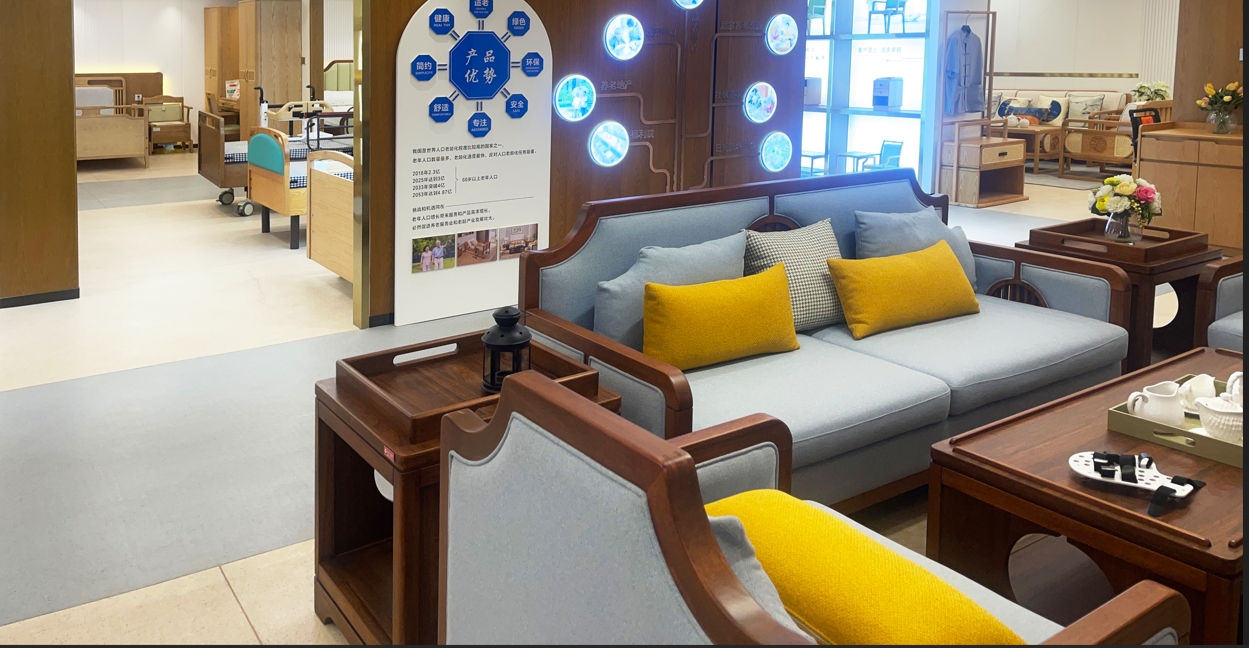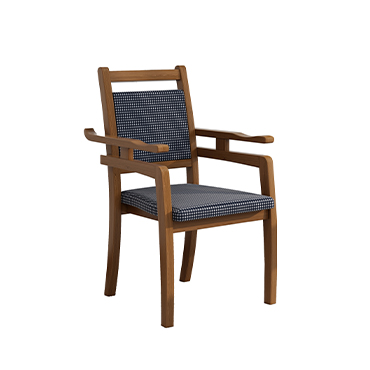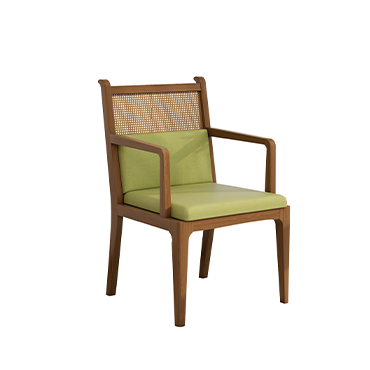Hearing Loss and Loneliness May Lead to Cognitive Decline in Older Adults
As the global population ages, maintaining mental health in later life has become a growing concern. A recent study highlights two often-overlooked factors contributing to cognitive decline among older adults: hearing loss and loneliness. Fortunately, simple interventions—such as hearing aids—may help slow down memory deterioration and preserve quality of life.
The Link Between Hearing Loss, Loneliness, and Dementia
According to the World Health Organization (WHO), around 65% of adults over the age of 60 experience hearing loss, and nearly a quarter suffer from moderate to severe levels. But beyond the inconvenience of reduced hearing, new evidence suggests it may also contribute to accelerated memory decline and increase the risk of dementia.
Researchers from the University of Geneva (UNIGE) examined data from over 33,000 people aged 60+ across 12 European countries, as part of the SHARE (Survey of Health, Ageing and Retirement in Europe) project. They aimed to understand how hearing difficulties and loneliness interact to affect memory and executive functioning in older individuals.
The study identified three key groups:
- Individuals who are both socially isolated and feel lonely
- Individuals who are socially connected but still feel lonely
- Individuals who are socially isolated but do not feel lonely
Notably, participants who reported higher levels of hearing impairment showed a more rapid decline in episodic memory and verbal fluency. Even among socially active seniors, those who felt lonely and had hearing loss experienced faster cognitive deterioration.
Simple Tools, Significant Impact
“These findings highlight the need to address both sensory and psychological factors when supporting cognitive health in older adults,” the authors wrote.
For seniors who remain socially involved but still experience loneliness, hearing aids can play a crucial role in restoring confidence and enabling more active participation in daily life. By reducing the communication barriers caused by hearing loss, such tools help prevent feelings of isolation—ultimately protecting mental sharpness.
Postdoctoral researcher Charikleia Lampraki from UNIGE emphasized:
“These individuals are already socially engaged, so removing the sensory barrier is key to strengthening their participation and safeguarding cognitive health.”
Other studies support this conclusion. Research by NYU Langone Health found that seniors using hearing aids reported less loneliness, stronger social connections, and slower cognitive decline.
A Holistic Approach to Aging Well
At Enjoys Furniture, we believe aging well requires more than just physical comfort—it also means supporting emotional and cognitive well-being. Our elderly care furniture is designed to foster social connection, comfort, and dignity—whether in care homes or at home.
If you or your loved ones are facing mobility or sensory challenges, we invite you to explore our range of solutions that promote independent, connected, and healthy aging.





